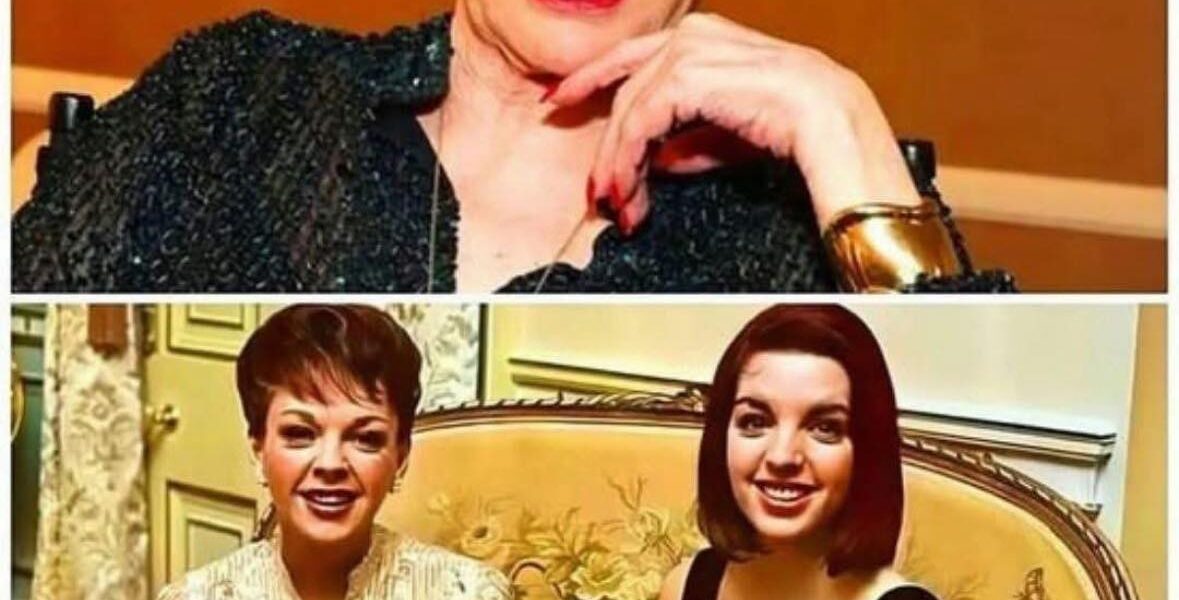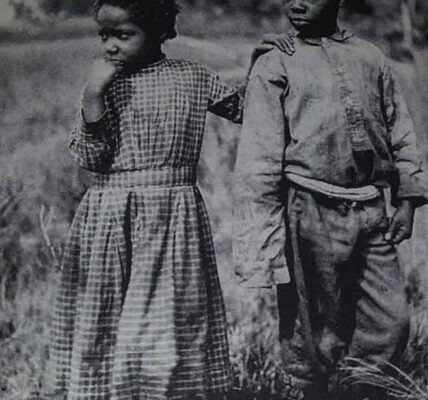- Homepage
- Uncategorized
- Behind the Curtain: Liza Minnelli’s Unbreakable Bond with Judy Garland.
Behind the Curtain: Liza Minnelli’s Unbreakable Bond with Judy Garland.

It was late, and nine-year-old Liza Minnelli had just woken from a restless sleep. The house was quiet—too quiet. Her mother, Judy Garland, wasn’t in her bedroom. Liza wandered through the dark halls, calling her name, heart pounding. Then she saw her: lying on the floor, unconscious. A bottle of sleeping pills nearby. No crying, no drama—just reality. Liza shook her, screamed, begged for her to wake up, then ran to call for help.
Years later, in an emotional interview on CBS Sunday Morning, Liza recounted that moment with a striking calmness. It wasn’t the first time, and it wouldn’t be the last. But that night—the image of her mother collapsed on the floor—stayed etched in her mind. Because living with Judy Garland, one of the brightest stars in Hollywood history, meant learning to navigate the shadows her fame cast behind her.
Born into the spotlight on March 12, 1946, Liza Minnelli was never just another child in Los Angeles. She was Judy Garland’s daughter—the girl who had to grow up fast, not only to survive her mother’s volatility, but to help her through it. Garland was America’s sweetheart, but at home, she could be unpredictable. Some days, she lit up the room with laughter. Other days, she locked herself away, unreachable, haunted by a cocktail of fame, pressure, and addiction.

In documentaries and interviews, Liza never tried to sanitize the truth. She spoke of her mother’s crying spells, her emotional shutdowns, the way she’d stare blankly out the window for hours. And yet—there was always love. “She never stopped kissing me, hugging me, holding me,” Liza told The Advocate. “But it was hard to know when things would get dark again.”
At 17, Liza landed her first major role in Best Foot Forward. Judy was there, front row on opening night, tears streaming down her face. “You’re going to be bigger than me,” she whispered backstage. “Just don’t let it kill you.” That moment, Liza kept private for decades—too sacred, too heavy to share with the world. But it marked a shift. It was Garland’s blessing… and her warning.
There were other nights that shaped Liza—like the time her mother locked herself in the bathroom after a fight. Liza, only 12, sat outside for two hours, speaking gently through the keyhole until Garland finally opened the door, tear-streaked and vulnerable. “Promise me you’ll never need a man to tell you who you are,” she said. That sentence would become a guiding light in Liza’s own tumultuous path through love, marriage, and fame.
As her mother’s world unraveled, Liza stepped up. “I became the adult in the house,” she admitted in a 2010 NPR interview. She paid bills, stocked the fridge, even forged signatures just to keep the lights on. Not because she had to. Because she loved her.
Despite the darkness, there were moments of joy. The two of them dancing barefoot in the kitchen, Judy spinning Liza around to “Get Happy,” giggling, shouting, “Show me your jazz hands, sweetheart!” In those rare, golden moments, Garland wasn’t a superstar or a troubled soul—she was just Mom.
Judy Garland died in 1969, when Liza was only 23. She never wrote a memoir, never attempted to distill the chaos of her childhood into chapters. But in interviews, quotes, and quiet tributes, she’s painted a picture far more powerful than any book.

“I never tried to fix her,” Liza once said. “I just loved her. All of her.”
And that’s the heart of Liza Minnelli’s story—not as a legend in her own right, but as a daughter who carried her mother’s legacy with tenderness, honesty, and fierce resilience. Her life wasn’t just shaped by fame or talent. It was carved by survival, by loyalty, and by the kind of love that doesn’t flinch when things get hard.
In every note she sings, in every stage she graces, Liza doesn’t just carry her mother’s name—she carries her truth. Behind the sequins and lights lies a quiet strength: the strength of a little girl who once sat outside a locked bathroom door, whispering love through the silence.




